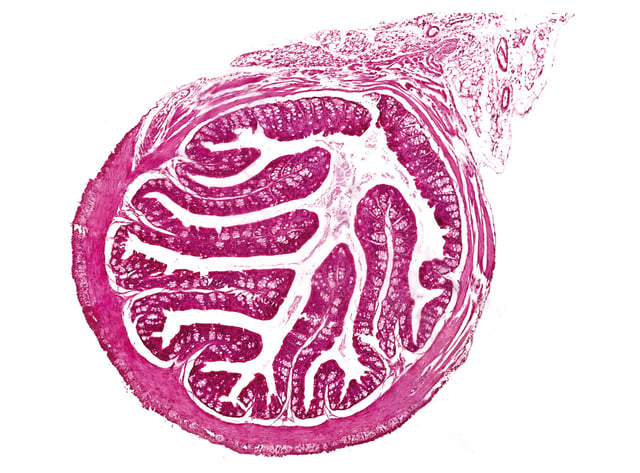Overview
- Researchers report the first direct evidence that maternal Bifidobacterium breve can influence placental endocrine function in mice.
- In germ-free pregnancies, introducing B. breve altered more than 150 placental processes involving over 400 proteins.
- Placentas from colonized mice produced higher levels of pregnancy hormones such as prolactins and pregnancy‑specific glycoproteins.
- Mice with B. breve showed better nutrient transport to the fetus, improved growth metrics, fewer early losses, and reduced fetal low blood sugar.
- The team highlights that B. breve occurs naturally and is sold as a probiotic, but they caution that safety, efficacy, and clinical benefits in humans remain unproven.
